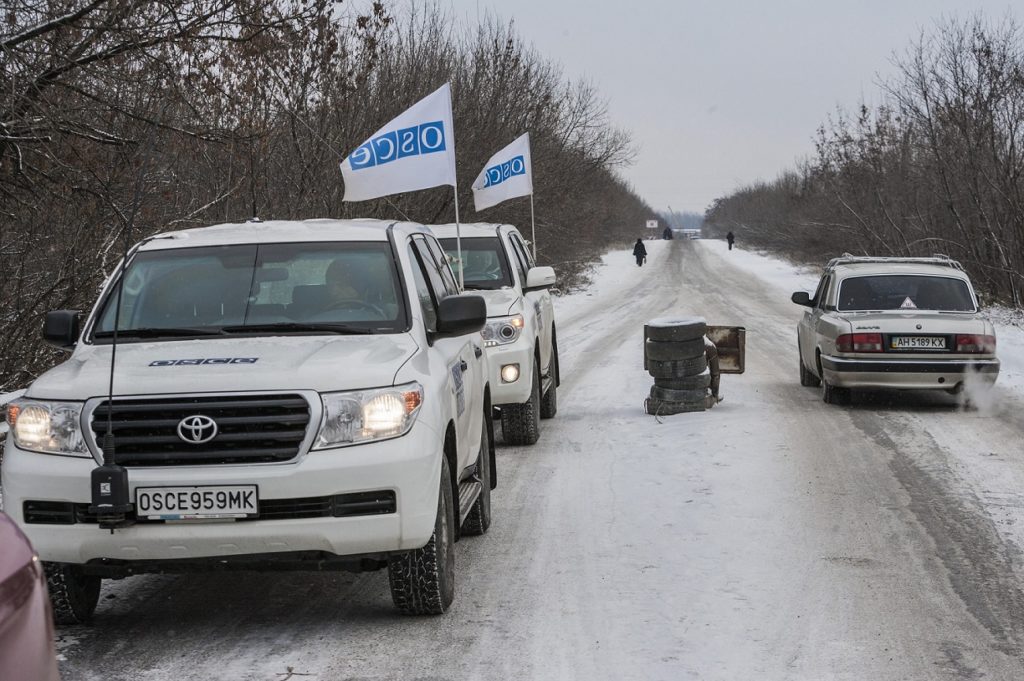Germany’s Contributions to Civilian Conflict Management and Peacebuilding in the EU’s Eastern Neighbourhood
Past Experience and Future Prospects
According to the German Federal Government’s Guidelines Preventing Crises, Resolving Conflicts, Building Peace, measures in this field should respect and protect human rights, give priority to prevention, be context-specific, inclusive and focus on long-term action and make risks transparent. Germany recently published its first ever National Security Strategy promoting a broad concept of integrated security. According to this strategy, Germany intends to play a substantial role in preserving international security in cooperation with its partners and allies.
The Advisory Board presents a study that focusses on five conflict settings in the Eastern Neighbourhood of the European Union: Ukraine/Donbas/Crimea, Moldova/Transnistria, Georgia/Abkhazia and Georgia/South Ossetia as well as Armenia/Azerbaijan/Nagorno-Karabakh. The study thus deals with civilian conflict management in regions where the interests of the conflict parties were often also pursued by military means.
The study sheds light on the settings of these five conflicts, their complex conflict history and current dynamics. Most of all, it reviews the measures of civilian conflict management and peacebuilding the German Federal Government has employed over the course of the past 20 years. The study shows the diversity of measures and activities, assesses their effectiveness and performance, but also uncovers their limitations. It also reflects on the realities and changes that Russia’s war of aggression against Ukraine has brought upon the whole region, and what these changed conditions bear for future conflict management and peacebuilding. Indeed, the study makes abundantly clear how important it is to have a variety of effective, context-sensitive measures in conflict management and peacebuilding at hand. It
draws lessons for German and European engagement in the region’s protracted conflicts and generates new ideas and concrete recommendations for Germany’s engagement in civilian crisis prevention and peacebuilding in the conflict regions in the EU’s Eastern Neighbourhood.

